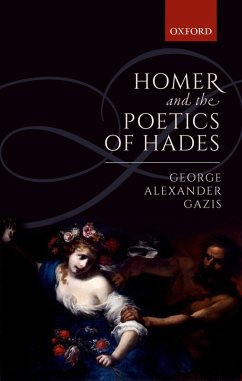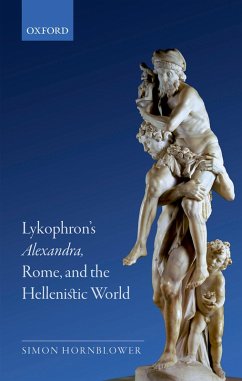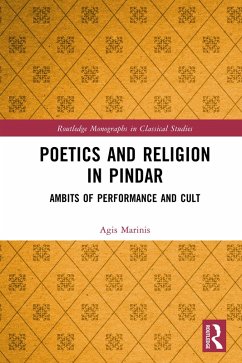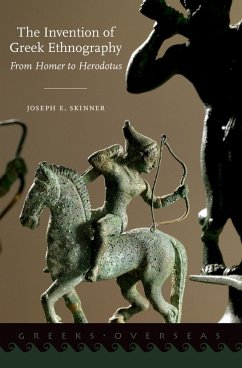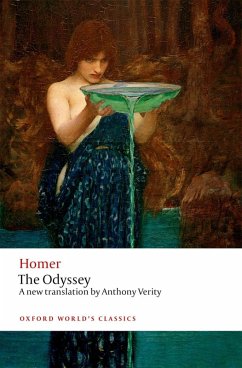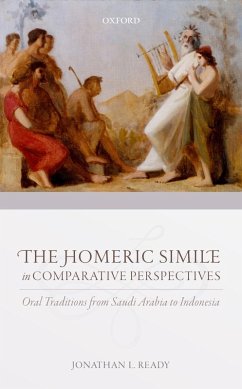
Pindar and the Poetics of Permanence (eBook, ePUB)
Versandkostenfrei!
Sofort per Download lieferbar
45,95 €
inkl. MwSt.
Weitere Ausgaben:

PAYBACK Punkte
23 °P sammeln!
Recent scholarship on early Greek lyric has been primarily concerned with the immediate contexts of its first performance. This volume instead turns its attention to the rhetoric and realities of poetic permanence. Taking Pindar and archaic Greek literary culture as its focus, it offers a new reading of Pindar's victory odes which explores not only how they were received by those who first experienced them, but also what they can mean to later audiences. Part One of the discussion investigates Pindar's relationship to both of these audiences, demonstrating how his epinicia address the listener...
Recent scholarship on early Greek lyric has been primarily concerned with the immediate contexts of its first performance. This volume instead turns its attention to the rhetoric and realities of poetic permanence. Taking Pindar and archaic Greek literary culture as its focus, it offers a new reading of Pindar's victory odes which explores not only how they were received by those who first experienced them, but also what they can mean to later audiences. Part One of the discussion investigates Pindar's relationship to both of these audiences, demonstrating how his epinicia address the listeners present at their premiere performance and also a broader secondary audience across space and time. It argues that a full appreciation of these texts involves taking both perspectives into account. Part Two describes how Pindar engages with a wide variety of other poetry, particularly earlier lyric, in order to situate his work both within an immanent poetic history and a contemporary poetic culture. It shows how Pindar's vision of the world shaped the meaning of his work and illuminates the context within which he anticipated its permanence. The book offers new insights into the texts themselves and invites us to rethink early Greek poetic culture through a combination of historical and literary perspectives.
Dieser Download kann aus rechtlichen Gründen nur mit Rechnungsadresse in A, B, BG, CY, CZ, D, DK, EW, E, FIN, F, GR, HR, H, IRL, I, LT, L, LR, M, NL, PL, P, R, S, SLO, SK ausgeliefert werden.




